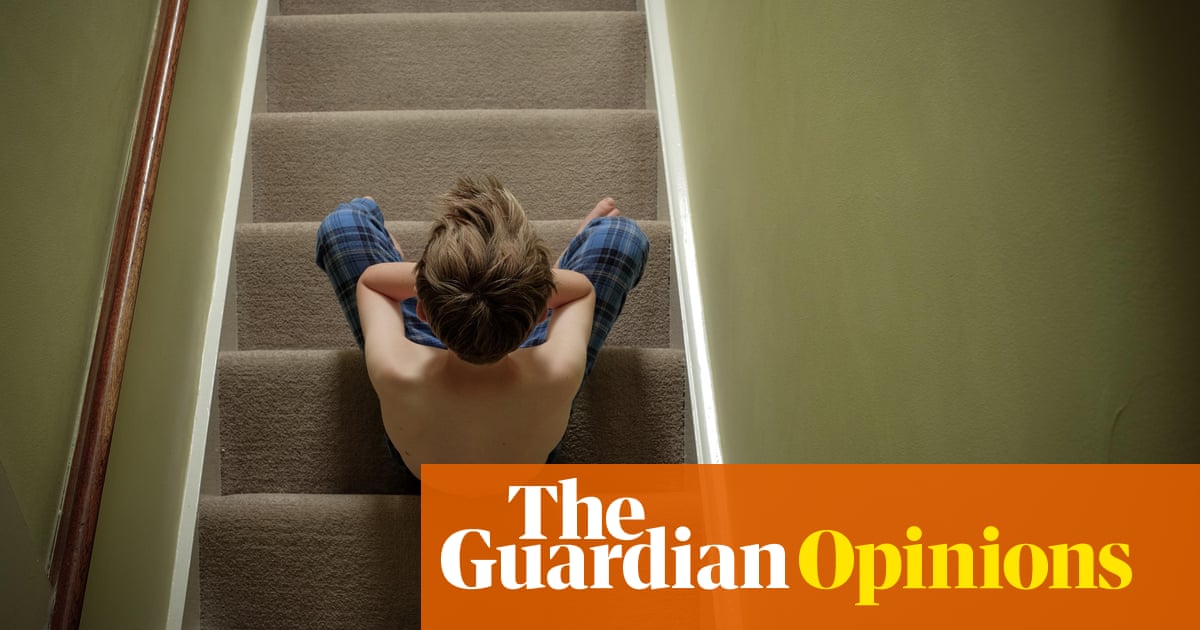
“Sticks and stones may break my bones, but words will never hurt me” is a phrase often repeated to children in the hope that they will learn that they cannot be hurt by name-calling or verbal abuse. In fact, words are humans’ most powerful tools, and harsh language used against children can damage them for the rest of their life.
It is natural to respond to a “naughty” child by shouting – and children are forgiving of, and are surprisingly empathic in relation to, parental stress. But let us not deceive ourselves that verbal intimidation such as shouting, yelling or screaming at children leaves no scars. Or that being humiliated and ridiculed leaves children unaffected.
A pioneering systematic review on the impact of childhood verbal abuse by adults published this week suggests that over 40% of children are exposed to verbal aggression, verbal hostility or harsh verbal discipline from adults around them. For half, the experience is at least weekly – and for an unfortunate 10%, it is a daily experience.
Using words to intimidate, shame and control may appear less obviously harmful than bodily threat, but the same risks accompany this misuse of language: low self-esteem, increased nicotine, alcohol and substance use, increased risk of anxiety, depression, even psychotic disorders. We know from hundreds of studies and this new systematic review that exposure to verbal abuse profoundly affects children, and is associated with persistent psychological distress; complex emotional and relational difficulties; physical as well as mental disorders; increased likelihood of recreating abusive situations in their lives (eg finding a partner who is abusive to them); and finding themselves repeating the abuse with others. Additionally, exposure to abusive language between others, for example interparental verbal violence, can carry the same risks for children’s mental and physical health as abusing them directly.
Decades of research have shown that authoritarian management of a child does harm and that reducing abuse – verbal and physical – is the single most effective way we can counteract the rise of mental disorder in children and young people. But as a society we are far less attuned to the long-term risks associated with verbal abuse.
From birth, children are programmed to know that their most important responsibility is to rely on the adults around them and learn from them for survival. They are genetically prepared to trust what adults say, since they need to rapidly absorb information that may be necessary. If we betray that trust by using words to abuse rather than teach, this can leave children isolated, excluded and unable to draw the full benefit of social learning.
It is in fact not until almost the second decade of life that children learn to understand irony, that adults may not literally mean what they say. They do not get the joke behind a phrase such as “you stupid boy” or “you wicked, wicked girl”. Considerable brain development is needed for a child to fully understand an adult’s intention that these and similar verbal putdowns are intended not to shame and humiliate, but are intended as educational devices to correct and shape their behaviour.
Instead they dutifully incorporate such knowledge into their growing, increasingly complex understanding of the world. In this instance, it becomes part of their view of themselves as inadequate and bad. When I was eight, the janitor in the building that our apartment was in told me that she would cut off my legs if I did not wipe my feet before running up the stairs. I am sure she meant no harm, but it was a cruel thing to say, and six decades later, I still remember the fear. Research studies show that we tend, in hindsight, to rate our parents’ verbal aggressiveness higher than our parents rate it themselves.
Verbal abuse of children goes beyond the family and is commonly encountered in educational, sports and leisure contexts. In some contexts, dancing for example, the culture of bullying around extreme body consciousness and body shaming is pervasive and can leave dangerous, lasting sensitivities.
If we really want to “teach” our children to behave, we need to be kind, show appreciation, find the good amid the naughtiness, be as alert to effort as we are to signs of idleness, and be far more ready to praise than find fault. Decades of evidence from studies of socialisation are unequivocal: punishment is ineffective. Our prisons re-traumatise many already crippled by trauma. Not surprising that recidivism dominates over correction.
Supporting parents to deliver positive, consistent, rule-based parenting, even with wayward children, works to prevent antisocial behaviour. In ordinary parenting, it is finding ways to praise our children when they do something we like, rather than holding them to account for what they do wrong, that helps shape their behaviour and personality. Attention, warmth and kindness pay dividends. Excessively harsh words undermine attachment and trust, devaluing subsequent efforts at correction. The janitor could have encouraged and praised me for wiping my feet and it might have kept the stairs clean. In the event I just checked she was out of sight before galloping up the stairs with the muddiest of shoes.
The minds of children need to be built, not repaired.
Professor Peter Fonagy is head of the division of psychology and language sciences at University College London and CEO of the charity Anna Freud












